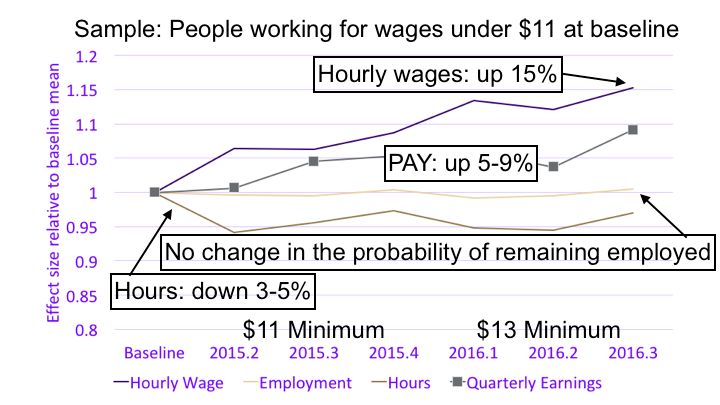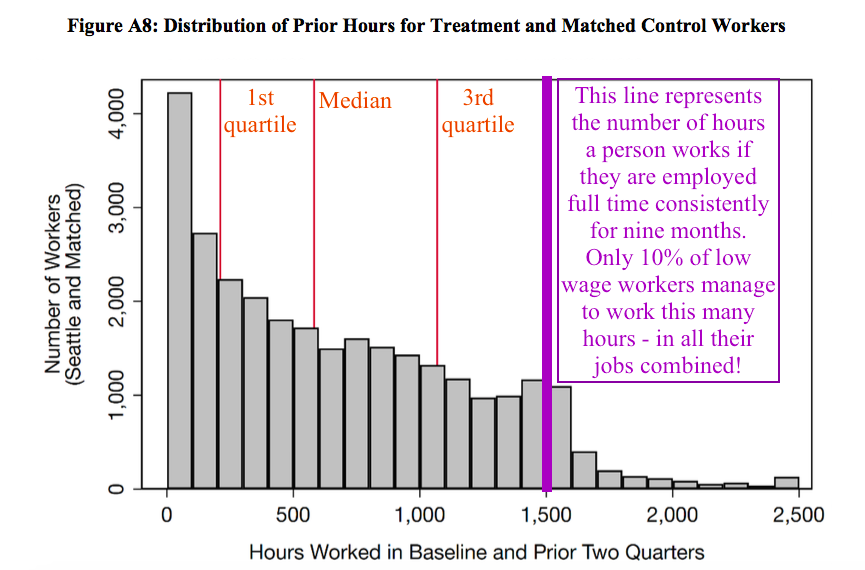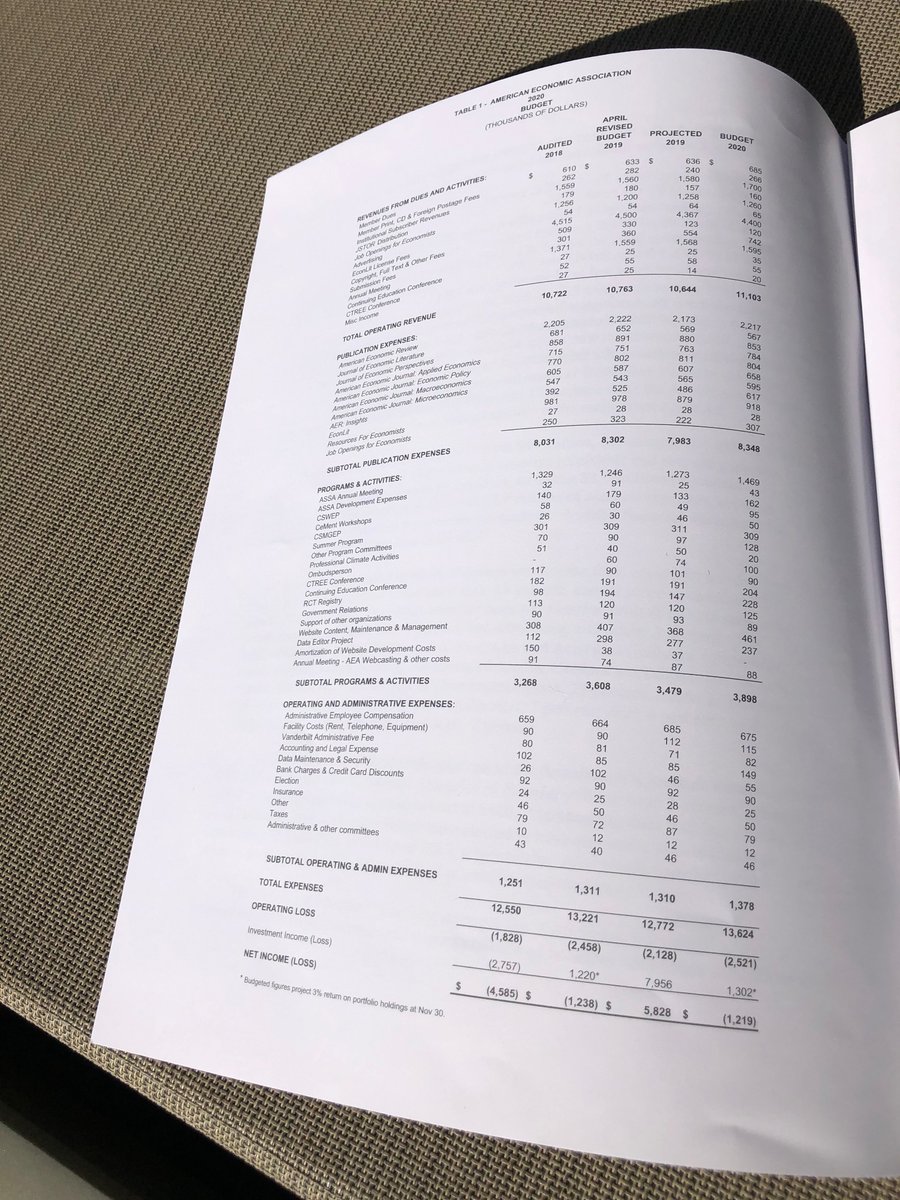
Professor of Public Policy and Governance, and Faculty Representative to the Washington State Legislature, University of Washington
How to get URL link on X (Twitter) App



https://twitter.com/DLeonhardt/status/1744079004011790681@DLeonhardt Here David says “the relationship between test scores and college grades… is strong.” And golly what a steep line!
https://x.com/DLeonhardt/status/1744079481722085825?s=20



 @UW RCW 28B.112.080(1)(a) requires job applicants to disclose whether a prior *employer* has substantiated accusations of misconduct. But as recent discussion on #econtwitter has emphasized, not all harassment involves a prof and a student/employee at the same university.
@UW RCW 28B.112.080(1)(a) requires job applicants to disclose whether a prior *employer* has substantiated accusations of misconduct. But as recent discussion on #econtwitter has emphasized, not all harassment involves a prof and a student/employee at the same university.


 The number of doctoral degrees awarded in the US has expanded significantly over the past 3 decades. Computer science degrees have tripled. Biology and math/stats degrees more than doubled.
The number of doctoral degrees awarded in the US has expanded significantly over the past 3 decades. Computer science degrees have tripled. Biology and math/stats degrees more than doubled.

 This isn't the analysis that used Synthetic Seattle and counted up the number of jobs paying under some threshold, except it couldn't count jobs at multi-location firms.
This isn't the analysis that used Synthetic Seattle and counted up the number of jobs paying under some threshold, except it couldn't count jobs at multi-location firms.
 The graph above is based on data from WA: one of only 4 states that collects systematic data on hours worked. It shows information for anyone earning under $11/hr in 2014-15, when the minimum wage was no more than $9.47.
The graph above is based on data from WA: one of only 4 states that collects systematic data on hours worked. It shows information for anyone earning under $11/hr in 2014-15, when the minimum wage was no more than $9.47.
 First some clues to the mystery: this is more a story of rents rising fast, rather than incomes falling. Renter incomes track inflation well, but sometime around 1970 rents started accelerating ahead of inflation. Had rents just tracked inflation they’d be about 50% lower today.
First some clues to the mystery: this is more a story of rents rising fast, rather than incomes falling. Renter incomes track inflation well, but sometime around 1970 rents started accelerating ahead of inflation. Had rents just tracked inflation they’d be about 50% lower today. 

 The AEA operating budget was in the black five years ago. This year, they expect to spend $1.23 for every $1 in operating revenue. What gives?
The AEA operating budget was in the black five years ago. This year, they expect to spend $1.23 for every $1 in operating revenue. What gives?
 Dixit's letter was written in response to @ArthurBrooks' recent @TheAtlantic essay, which is itself a must read for any professional at risk of aging:
Dixit's letter was written in response to @ArthurBrooks' recent @TheAtlantic essay, which is itself a must read for any professional at risk of aging:




https://twitter.com/christopherruhm/status/1075960649568714752We'll start off with enough links to keep you busy all weekend: